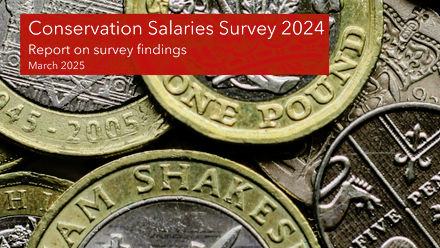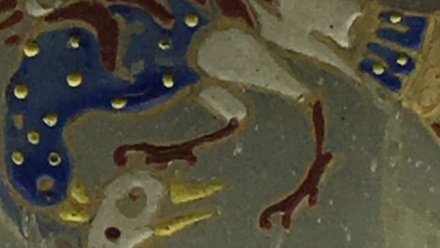Icon secures funding to investigate industrial heritage conservation skills shortages
Icon is delighted to announce that we have been successful in our application to the Heritage Innovation Fund, supported by the National Lottery Heritage Fund to investigate industrial heritage conservation skills shortages.
We are among the 35 organisations that were awarded funding to investigate workforce challenges across the heritage sector. The purpose of the funding is to allow the time to bring together stakeholders to consider all aspects of the workforce challenge and to start to develop innovative and sustainable solutions that are grounded in thorough research and clearly evidenced need. Alongside the funding, all grantees will benefit from the support of a dedicated programme being delivered by the Young Foundation, who will act as a critical friend and provide crucial support along the way.
Icon’s project will focus on Industrial Heritage conservation, an area of practice which was highlighted in our 2022 Labour Market Intelligence research as being in required by 16% of employers it the sector, but with less than 1% of Icon’s membership reporting to have the level of knowledge and skill to care for such collections . Given this, there is a real risk that any loss to the overall number of practitioners will have a significant impact on the ability to care for collections appropriately.
We know that this is a particularly challenging area to investigate, not least because there are no established training programmes which focus on the conservation of industrial heritage collections. However, this is also part of the sector where there is a high reliance on volunteers and many come into the field as a second career, having worked as engineers, blacksmiths, and a huge variety of other non-heritage backgrounds.
We will be pulling together a steering group which will include employers, client bodies and practitioners to ensure that any solutions developed are clearly grounded in the needs of the collections, are sustainable and meet the needs of employers in the sector. Through the project we will consider the following questions:
- What is the full level of demand for engineering and industrial heritage conservation for the scale of the collections in the UK?
- What are the different training models available, and how suitable are they to the profile of entrants into the sector and the needs of employers?
- How can the knowledge of existing practitioners be appropriately documented and transferred to ensure that existing knowledge and understanding is not lost?
- How can we ensure that solutions developed are sustainable and can be maintained long term?
There are strong parallels between the challenges being faced with the conservation of industrial heritage and other material specialisms within the profession – we hope to be able to roll out what we learn here to those areas of practice.
We will share updates and will be consulting with sector stakeholders at every step along the journey. If you wish to join the panel investigating this work or have any comments to share, please get in touch by emailing [email protected].






